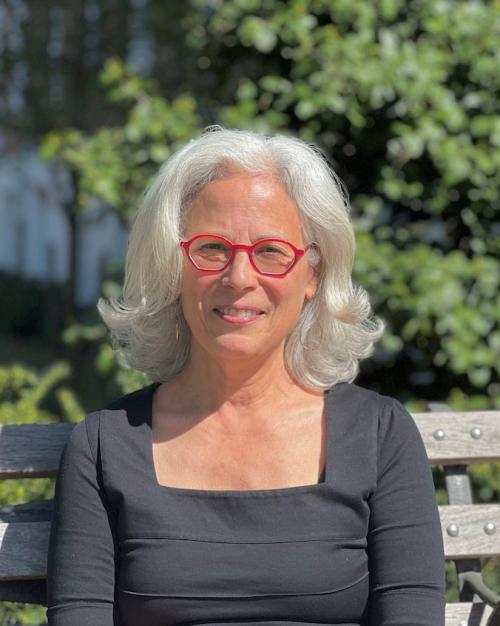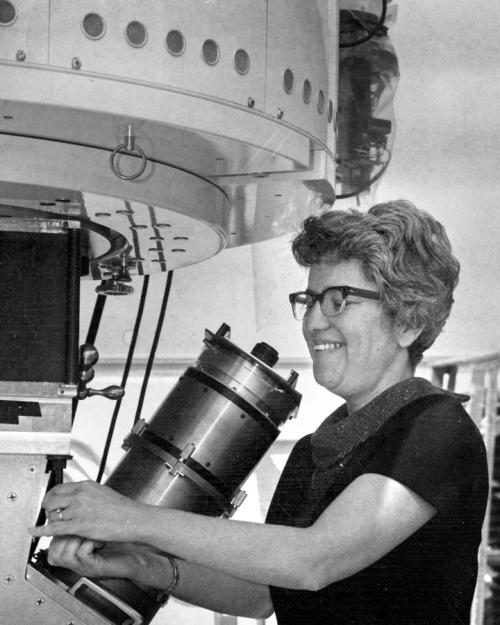Why would five Cornell professors decide to teach a class when there was no budget to pay them to do it? If you’re the directors of Cornell’s Behavioral Economics and Decision Research Center (BEDR), you rely on research showing the importance of the class topic: Better Decisions for Life, Love and Money.
For the professors, teaching the course was about giving students better tools for decision-making than they themselves had as college students. As professors Robert Frank, Thomas Gilovich, Ted O’Donoghue, J. Edward Russo and William Schulze describe in the syllabus, the course’s aim is to “encourage you to see the landscape of judgment and decision-making as the reflection of the implicit or explicit information-processing strategies people employ when trying to figure out what to think and how to act in a complex world – and the errors and biases to which those processes are prone.”
Schulze said traditional economics makes the assumption that people always act rationally, but this is not the case. “We wanted to spread the fact that there are systematic decision errors that everybody makes that they maybe later regret, or maybe never figure out what they did wrong,” said Schulze, professor of applied economics and management in the Cornell SC Johnson College of Business.
“And it’s not just about individual mistakes,” said Frank, the H.J. Louis Professor of Management and professor of economics. “The economics paradigm has a narrow view of what people are about, which sets the table not only for decision errors but also massive mistakes in public policy.”
Russo said the course is as practical as they could make it, while still being grounded in theory and intellectual rigor. “If we can do something to improve sophomore and freshman decisions, it would last a lifetime,” said Russo, the SC Johnson Family Professor of Management.
From left: Professors William Schulze, Thomas Gilovich, J. Edward Russo, Ted O’Donoghue and Robert Frank. Credit: Chris Kitchen/University Photography
Seed money from three colleges – Arts and Sciences, Cornell SC Johnson, and Human Ecology – enabled BEDR to hire an inaugural postdoctoral associate for two years, Erica Boothby, “who was the glue that held the class together,” said O’Donoghue. “She’s brought a lot of energy to Cornell, and we’re hoping to secure funding to create a permanent BEDR postdoc program. It’s hard to imagine how we could sustain a well-run version of this sort of team-taught course without a postdoctoral fellow to serve as course coordinator.” The professors plan to teach the course again this coming year.
In addition to readings and discussion, the class included “application modules,” which illustrated concepts through experiential activities, such as an economic cooperation game using real money. “It was fascinating to see the various decision-making phenomena that we had been learning about over the course of the semester unfold in real time during the game,” said student Scott Partington ’20.
“We hope to enhance future incarnations of the class with guest speakers from other universities, so we’d like to create a fund to bring scholars to Cornell for extended visits,” said O’Donoghue, the Zubrow Professor of Economics and senior associate dean for social sciences in the College of Arts and Sciences.
The class was inspired by the professors’ participation in BEDR. Often cited as the birthplace of behavioral economics, BEDR unites Cornell scholars who share a common interest in judgment, decision-making and behavioral economics. BEDR was founded in 1989 at Cornell by Nobel laureate Richard Thaler and remains at the forefront of the field, hosting international conferences while its members publish journal articles and books. It features faculty from the Law School, Cornell SC Johnson, Arts and Sciences, Human Development, and the ILR School.
Every three years, BEDR hosts the Behavioral Economics Annual Meeting, one of the top two behavioral economics conferences in the world. "Thirty years of Cornell students have helped to shape and define the field,” said Gilovich, the Irene Blecker Rosenfeld Professor of Psychology in the College of Arts and Sciences, pointing to the example of MacArthur award winner Sendhil Mullainathan ’93, now a behavioral economist at Harvard University.
Professors offer advice to live by
The final session of the Better Decisions for Life, Love and Money class focused on “course ideas to live by,” with each of the five professors presenting four pieces of advice for students to take with them. Some highlights:
1. Over time, you will come to resemble your friends and co-workers, so choose carefully.
2. Overcome confirmation bias by appointing a devil’s advocate for all major decisions and engaging in a “pre-mortem” (a prospective post-mortem).
3. Consider all important decisions from multiple perspectives and, especially, the broadest frame possible.
4. When it comes to child-rearing, “be the person you want your kids to be,” because we learn from and conform to the behavior we see around us.
5. Become the kind of person others can trust, because we need others for almost anything we do in life and we can’t benefit from cooperative interaction if others don’t trust us.
This article also appeared in the Cornell Chronicle.





